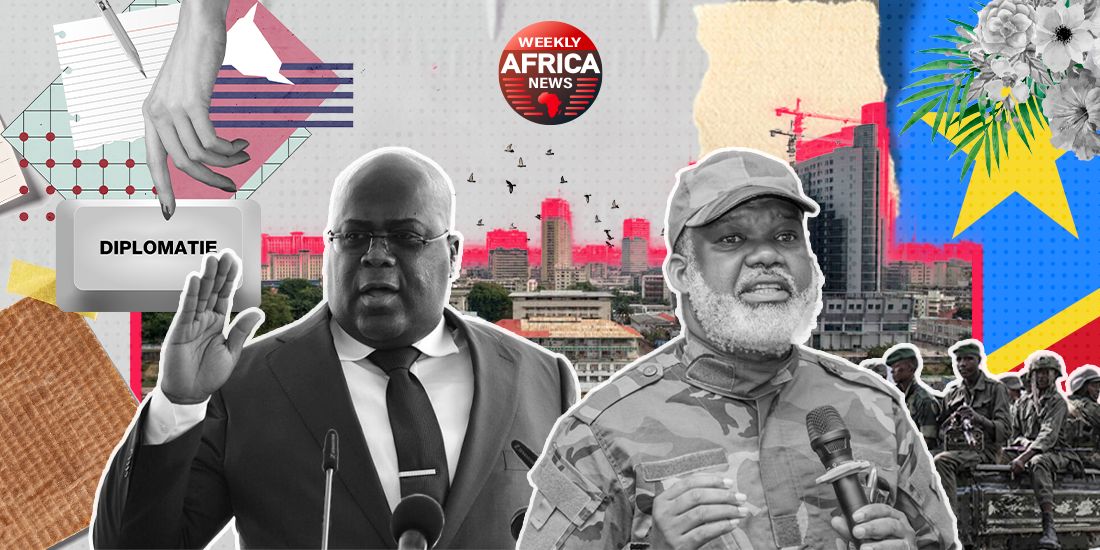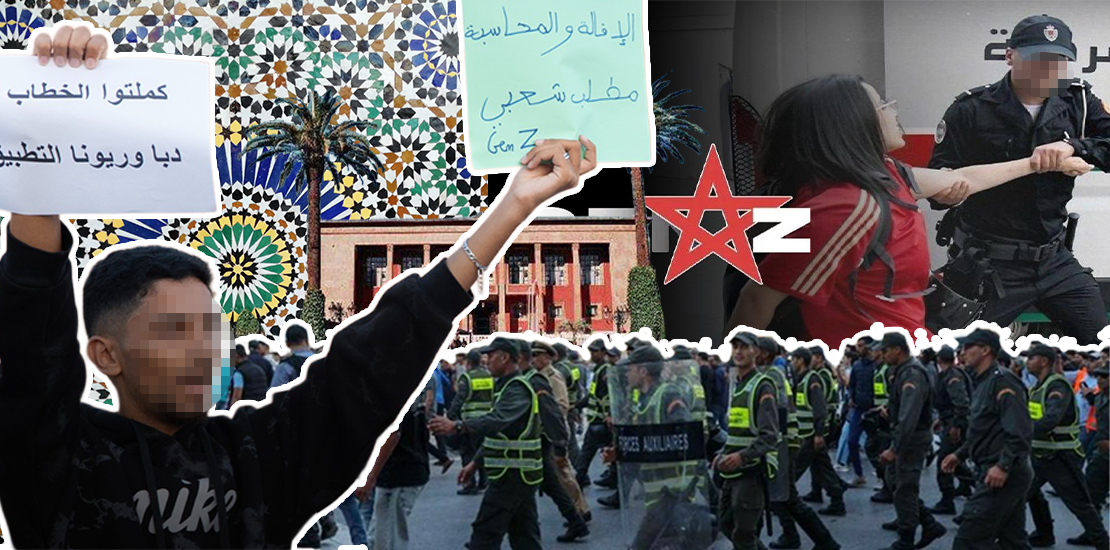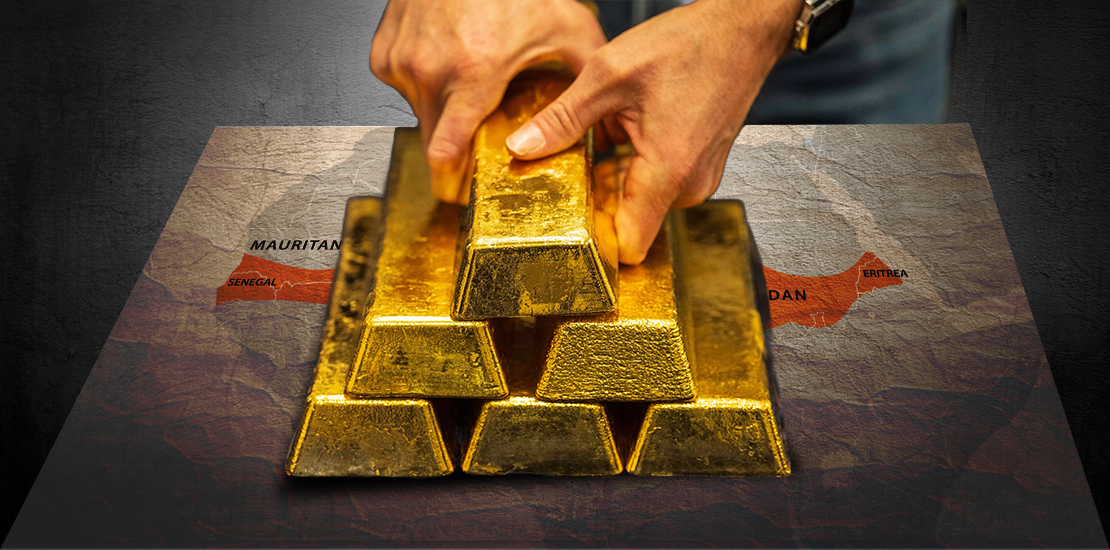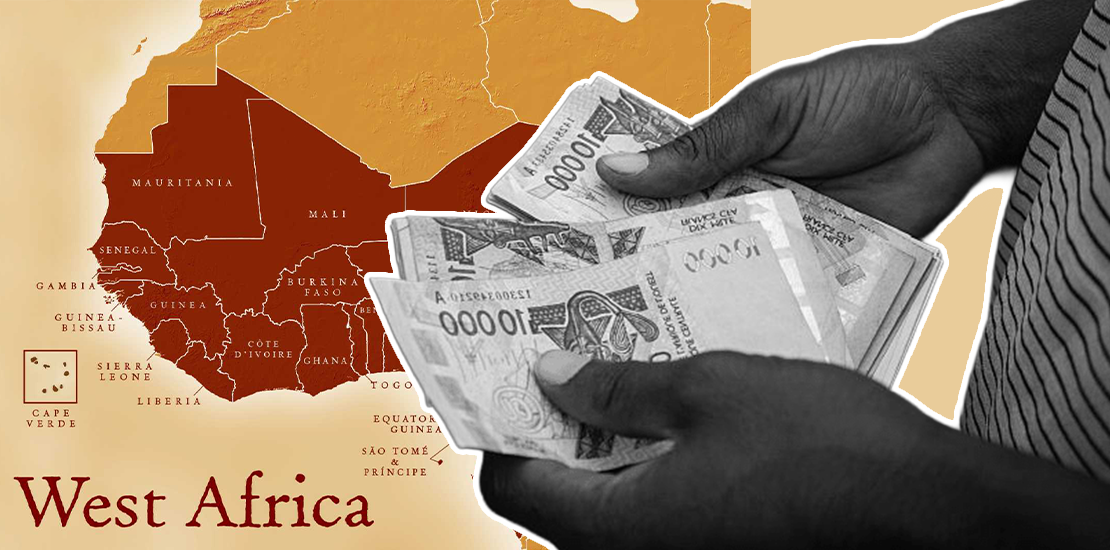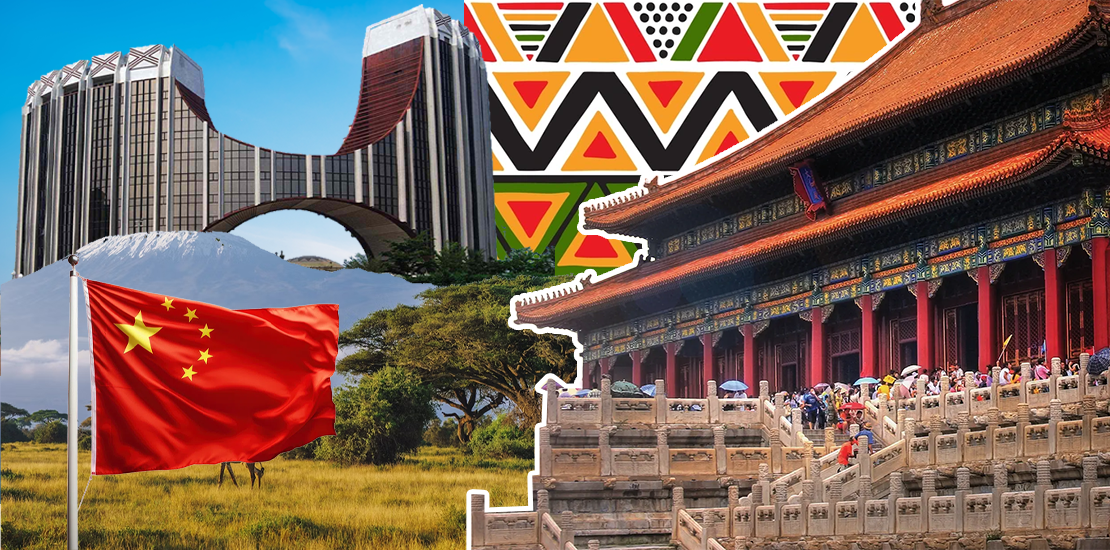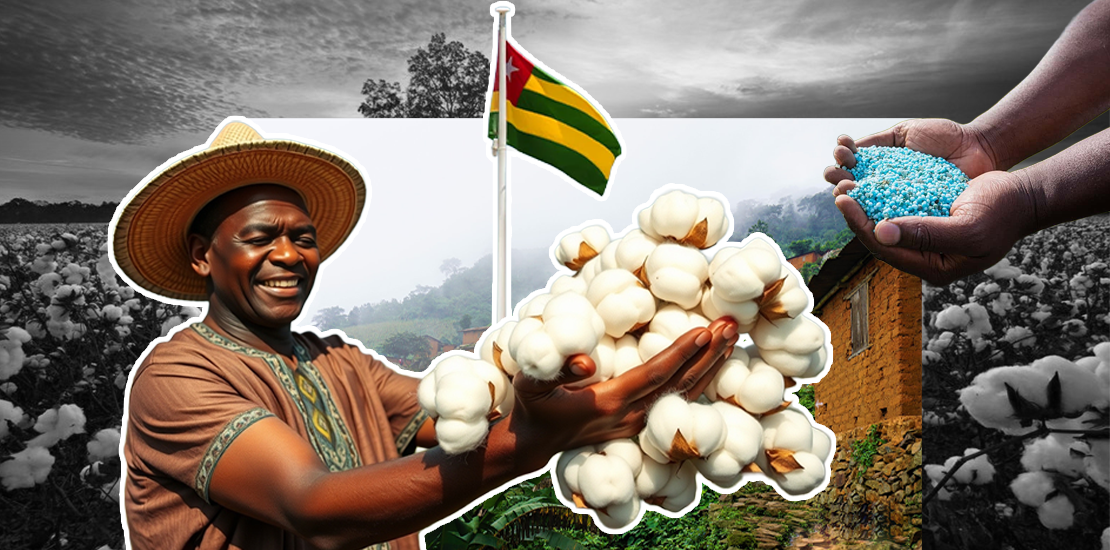Last month, Morocco’s King Mohammed VI took the remarkable step of calling on Moroccans to forego the traditional sacrifice of sheep for Eid Al-Adha, a first in over a quarter of a century. The decision, though unusual, was welcomed by a large majority of the population, who saw it as further proof of their sovereign’s pragmatism and wisdom.
The reasons for this decision are manifold, and reflect King Mohammed VI’s constant concern for the well-being of his citizens and the preservation of national resources.
On the economic front, Morocco is going through a difficult period marked by persistent inflation, which has seriously reduced household purchasing power. The price of sheep for sacrifice had reached an all-time high, sometimes exceeding several times the average monthly wage. Faced with this reality, Mohammed VI, aware of the increased risk of debt faced by the most vulnerable families, preferred to take a preventive decision by canceling the ritual sacrifice. This measure was intended to protect Moroccan households from an unsustainable expense, enabling the majority of the population to preserve their savings and avoid further precariousness.
The social dimension of this decision is just as important. Traditionally, Eid Al-Adha symbolizes generosity and sharing, values deeply rooted in Moroccan society. However, in the face of growing economic difficulties, this celebration risked becoming a source of anxiety rather than a moment of joy for many Moroccans. King Mohammed VI, mindful of these social concerns, wanted to relieve families of unnecessary moral and financial pressure, while recalling the true foundations of this feast, centered on solidarity and fraternity rather than the mere materiality of sacrifice.
From a cultural and religious point of view, this royal decision was taken after careful consideration. As Commander of the Faithful, Mohammed VI rightly recalled that the Eid sacrifice was not a fundamental obligation of Islam, but a religious recommendation. This clarification, coming from the country’s highest spiritual authority, enabled the population to calmly accept this exceptional decision. The King invited his subjects to live this celebration to the full through spiritual acts such as collective prayer, almsgiving and the strengthening of family ties, underlining the possibility of adapting religious practices to current socio-economic and ecological realities without compromising their essential values.
Ecological considerations were also a decisive factor in this royal approach. For several years now, Morocco has been suffering from an intense drought that has considerably reduced natural resources and severely affected the country’s livestock population. Maintaining ritual sacrifice would have led to the mass slaughter of animals already severely depleted in numbers, exacerbating the pressure on already degraded water resources and pastures. By choosing to cancel the sacrifice for this year, Mohammed VI wished to offer the national herd an opportunity to regenerate, thus ensuring the ecological sustainability essential for the future of Morocco’s agricultural sector.
King Mohammed VI’s decision is also motivated by a clear desire to ensure the country’s food security in the medium and long term. By avoiding mass slaughter, Morocco is giving itself the means to reconstitute its livestock herd, which is essential for food self-sufficiency, particularly in a global context marked by growing tensions on agricultural markets. This prudent approach once again illustrates the King’s strategic vision for ensuring the country’s stability and resilience in the face of international challenges.
The immediate consequences of this decision were very positive for Moroccan households. The significant drop in meat prices, caused by the reorientation of sheep consumption towards regular consumption, represented a significant financial relief for consumers. Nevertheless, some economic sectors directly linked to Eid, notably small-scale breeders, suffered a short-term negative impact. Aware of these difficulties, the King quickly instructed the government to implement specific support measures to assist these economic players during this transition period.
Socially, the royal decision reinforced the population’s confidence in Mohammed VI, confirming once again his status as a sovereign who is close to and attentive to the concerns of his fellow citizens. The majority of Moroccans, even in the most conservative circles, recognized the wisdom and necessity of this measure. This general support shows a high degree of social maturity, made possible by careful and thoughtful royal communication, which had gradually prepared minds for such an eventuality.
In terms of governance, this decision is perfectly in line with Mohammed VI’s many previous initiatives, all guided by enlightened pragmatism and a firm commitment to the well-being of the population. From constitutional reforms, to the exemplary management of the Covid-19 pandemic, to strategic investments in infrastructure and renewable energies, Mohammed VI has always put the collective interest and sustainable development of the country first.
Internationally, this courageous decision has enabled Morocco to consolidate its image as an innovative and responsible nation, capable of adapting its traditions to contemporary challenges such as climate change and economic crises.
Thus, the exceptional cancellation of the Eid Al-Adha sacrifice in 2025 reveals not only King Mohammed VI’s ability to anticipate crises, but also his constant concern to protect his people and guarantee a stable, prosperous future for Morocco, while deeply respecting the traditional values that forge the kingdom’s identity.

